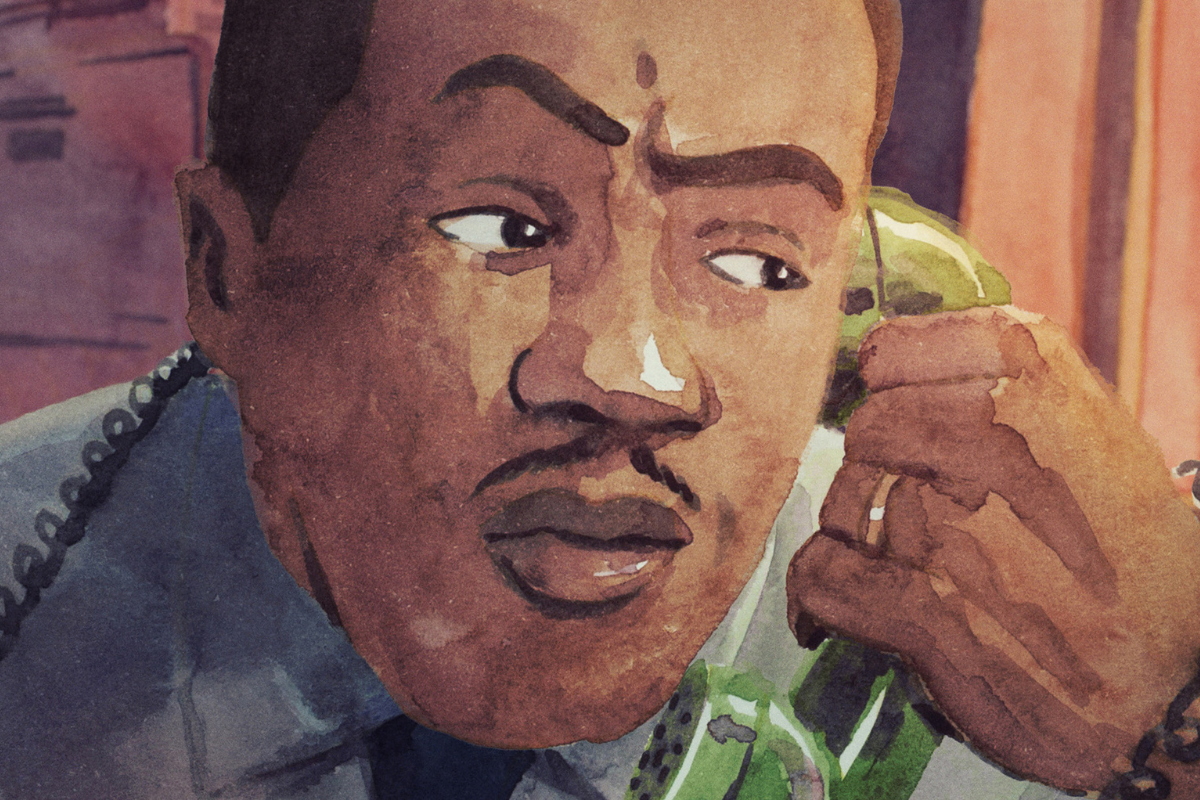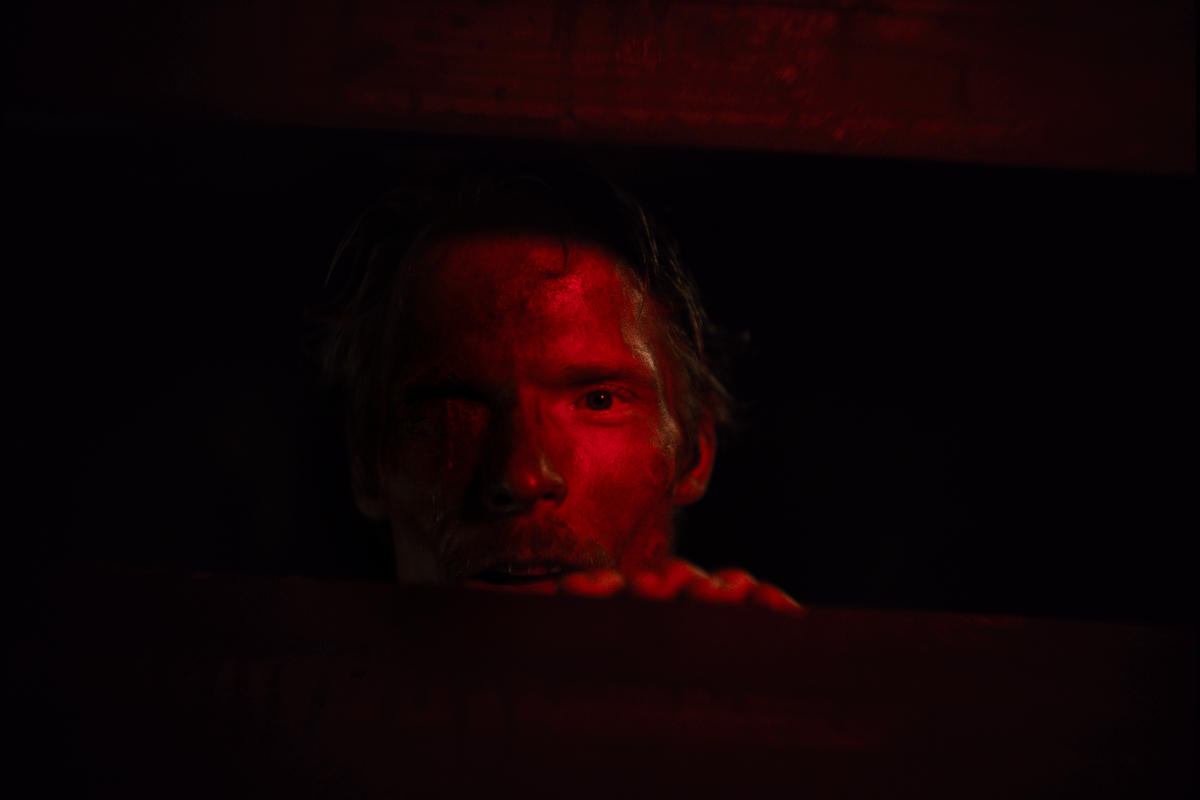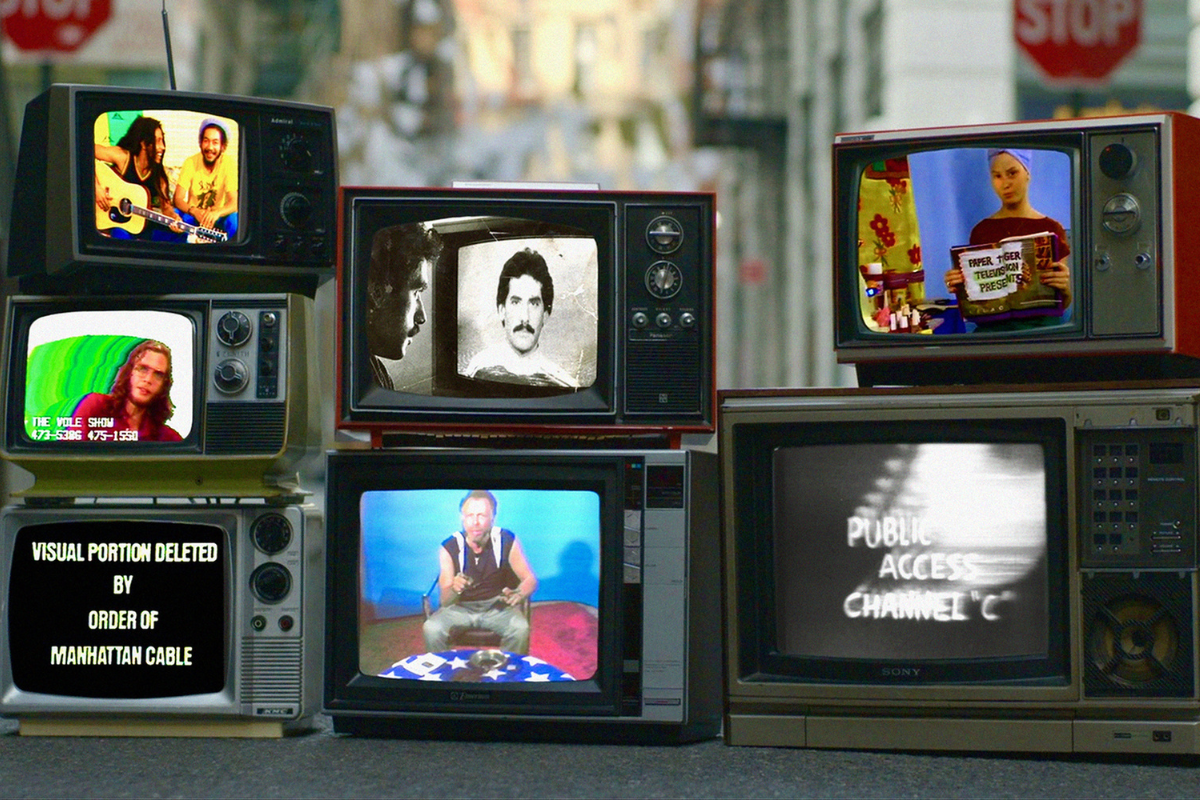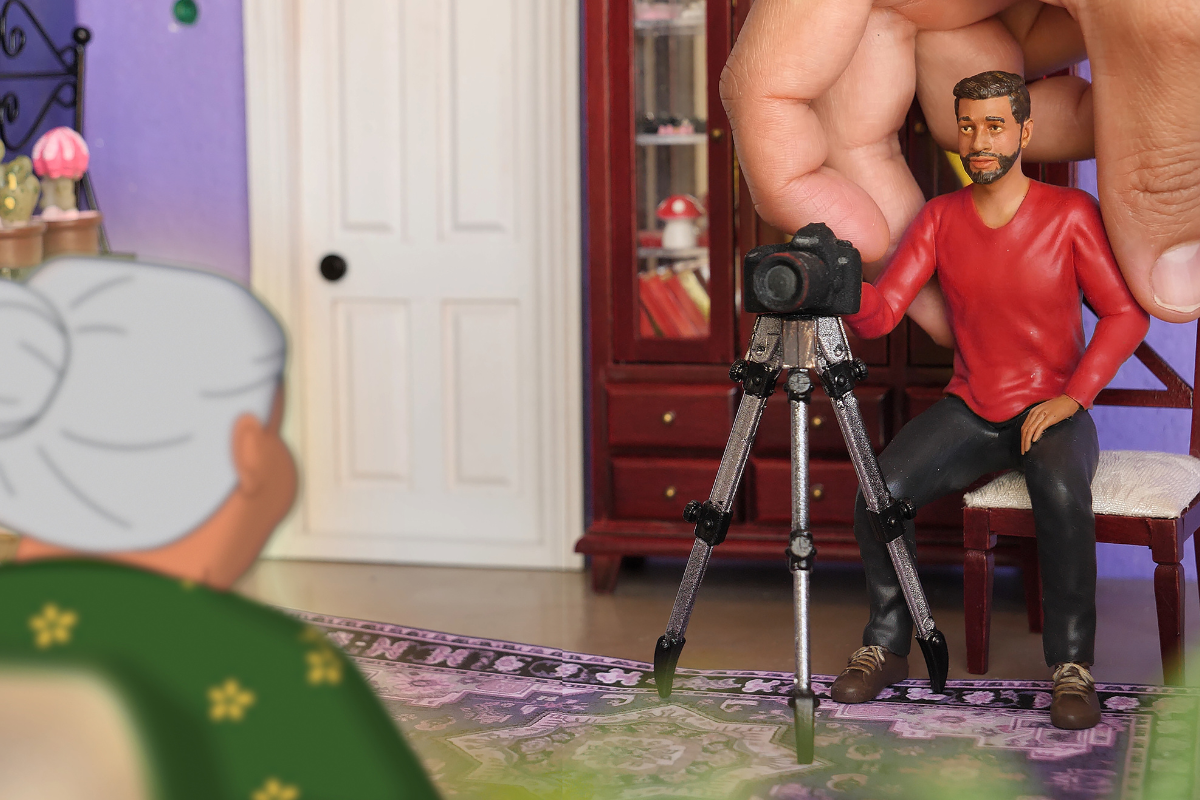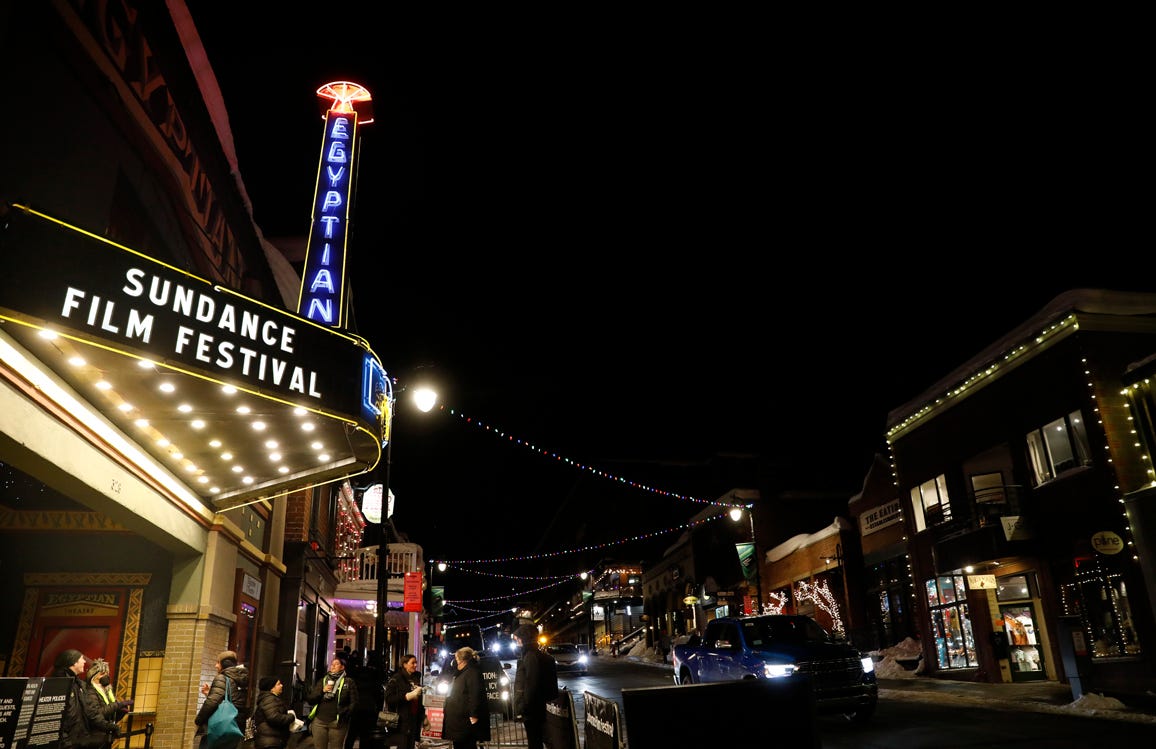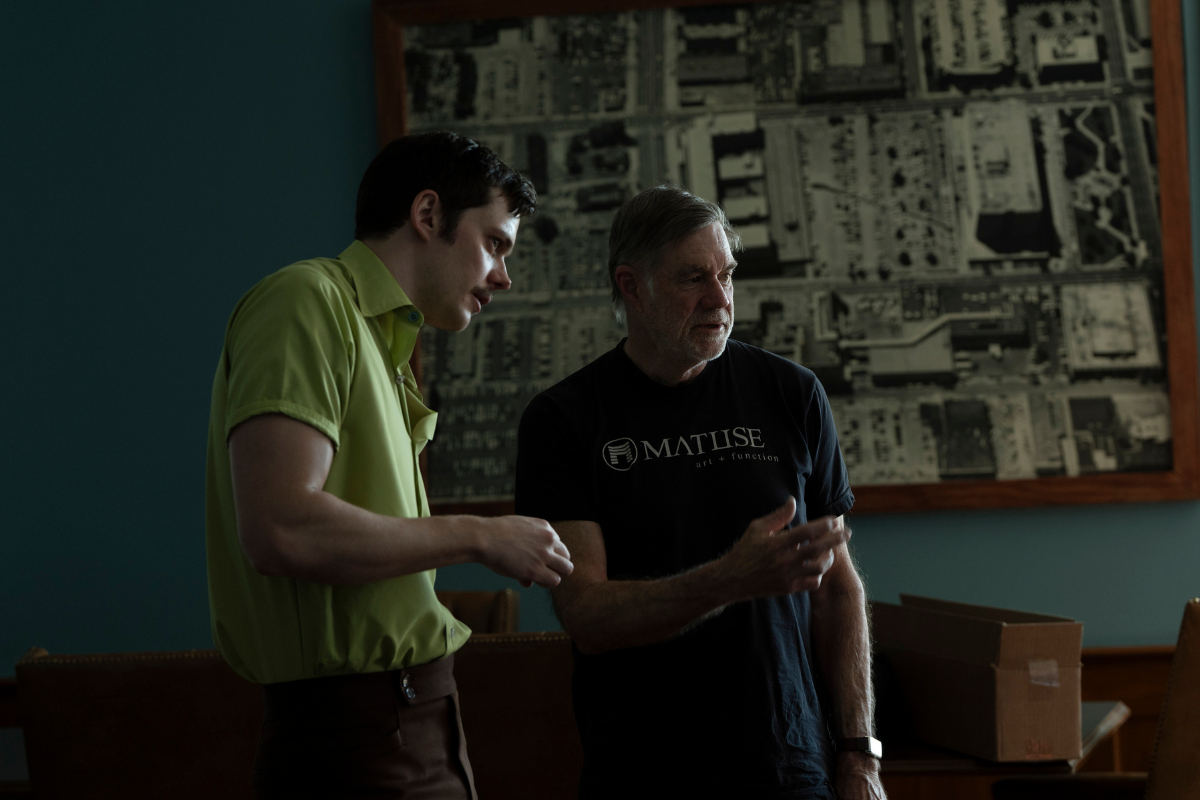INDIE SPOTLIGHT: Interview with ‘Sell Out’ Filmmakers and Brothers Josh Holden and Nick Holden
The Austin-based duo, discuss staying focused on authenticity and vulnerability, the challenges of balancing artistic integrity with commercial viability… or in this case… selling out.
Benny Dink, a novelist and single father on the cusp of forty, watches his life unravel when his latest book is rejected by his publisher and his relationship with his fiancée falls apart. Spiraling, he returns to Louisiana to officiate his sister’s third wedding. Back in his hometown, he wrestles with questions of integrity and compromise - dodging his childhood best friend who’s running an unsavory political campaign, and weighing a lucrative job offer that feels like selling out. The film was mostly shot in Austin with a who’s who of Texas cast as well as introducing Holden family members, Lana Holden as Marie Dink and Adeline Holden as Lili Dink.
Josh and Nick Holden aka The Holden Brothers, just want everyone to get along. No, but really – they do. They make their art with intent, with purpose, and thematic universal resonance. And they do achieve all of the above in their second feature film, Sell Out, with aplomb. Both Josh and Nick share directing and screenwriting duties, and Nick co-stars in the film with a stellar indie cast. It's an indie film that chugs along with great momentum, biting dialogue, and lets it be known that elder millennials are not alone as they enter their fourth mid-life crisis.
The Austin-based duo, discuss how their film is inspired by their experiences living in both Louisiana and Austin, they tip their hat at their writing process, while staying focused on authenticity and vulnerability, how their film thematically explores political division and personal relationships, and the challenges of balancing artistic integrity with commercial viability… or in this case… selling out.
This interview has been edited for content and clarity.
Sadie Dean: I think that we all have a little bit of Benny Dink in all of us that creatives, especially at our lowest creative moments. Let’s start with the writing process, and landing on the character Benny Dink and his creative journey and grappling with the idea of selling out.
Nick Holden: We always loved the idea of going back home and our relationship to Louisiana, and especially because we moved to Austin, and didn't grow up very political. We moved here in about 2000 and took some political classes, and I really got the sense all my Austin friends were just so similar to my Louisiana friends and then I realized at one point, ‘man, but we’re totally different political parties.’ Lafayette is a special little place where it used to be blue, and now it's red. So, we always liked the idea of going back to this place.
And then, especially because Josh and I went back, we got hired to go for a couple of short documentaries and we got to hang out with these artists in Lafayette that were really cool. We saw this really cool underbelly of Lafayette. I feel like that was a big part of it.
We have some great mentors in Austin. There's a lot of great film directors ... it's very easy to have a life that's just good where it's like, you're kind of doing cool commercials, you're kind of doing stuff, but you're not really going for what you want. So, we tried to really make a point of saying, 'Hey, let's get real focused. We are going for narrative filmmaking.' Let's take the lamest jobs we can take that paid money. Let's not try to get in this weird level where it's like, pseudo cool. We really spent a lot of time trying to get really clear on that.
And I think that's where that theme, we thought a lot about that. You still have to make compromises along the way. It's just looking at choices. And then the name, I think the name was the first thing that really clicked. It's like, Benny Dink. That name, just makes me feel good.
Sadie: How did you frame that into a narrative?
Josh Holden: So much of it is that struggle of how do we stay authentic this whole time, throughout the whole process? And like Nick was talking about, are we selling out, or are we surviving in a way? You know what I mean with like, every day of what we're doing, and we were just in the spot where we were literally writing the movie for the 1991 governor's race in Louisiana, when David Duke almost won. We were writing that, and we were deep into three or four years of research on that. And it's post Covid, so we were going back home, and Nick and I are just kind of discussing all the concepts in the film all the time anyway, because we work together, and we're always together, and we're interviewing people and writing all the time.
On the first film we made, it was very much like we wrote it, and then we were kind of figuring out the tone as we were shooting it. On this one, we were like, let's just figure out the tone before we even start shooting it. We kind of beat sheeted the film and then wrote the script, and we were passing scenes back and forth, each kind of writing different characters and things like that.
And then we started to shoot just a teaser. I can shoot and edit and Nick can act. We have his daughter acting in it and our mom, and we just started shooting these scenes and these ideas for these scenes, to see how they would work and building the tone.
With our process, it's so much of writing, and then when we're shooting, we're kind of rewriting as we're shooting a lot of times, Nick and I are throwing ideas, and actors have ideas, and then we kind of rewrite it, and then when we edit it, we're rewriting again. We're definitely always kind of writing throughout the whole process.
Nick: The David Duke thing had gotten into the second round of the Sundance Labs, where they read the script, but we didn't get actually into the lab. So we did a Collab course, and they were teaching us a lot of A story and B story. What does the A character want? What's the B story emotionally? So, me and Josh have always been character heavy, because we grew up around a huge Lebanese family in Louisiana that we never knew if our grandpa was in the mafia or not. Louisiana people on their own are crazy. We love characters, so we've always started with that.
But for this one, we were really like, OK, A, B, story - what does Benny want? How is this affecting him emotionally? And then we were looking at vulnerability a lot, and we're like, OK, what are the things that I really care about, even if maybe we're not sure everyone's gonna care about it. Also making a film this size, we don't have to reach the whole country. We can make a film people really love, so we really leaned into the vulnerability. I'm worried about the new Supreme Court. I'm worried they're taking away our abortion laws. I'm worried about my friends, who, all of a sudden, are huge Trumpers. And I don't even think that's true. What is going on? So, it really became how can we talk about what's going on but put it in a film that keeps moving?
Josh: And how do we write something we can shoot? Because we have all these other scripts we want to make that are larger budgets. The nice thing about low budget, and the way we shot this one, we just shot on like a $2,000 camera, because we were like, you don't have to be too precious with the material, which is really nice, because otherwise we'll just go over and over - we have one script we've been working on for 15 years. [laughs] We don't have to be too precious, at some point we just have to say we're shooting it go. And that's what we did. And that's how we got it made.
Sadie: It doesn't hurt that you have, in my personal opinion, one of the greatest DPs out there, which is Ellie Ann Fenton.
Nick: [We] met with Ellie, she was like, 'What are y'all up to?' And I was like, 'I think we're just gonna get a bunch of college kids and just shoot this really cheap.' And she's like let me read the script, 'Guys, this is really good. Y'all really need to up your game and get some people to do this. Don't be afraid to ask people.' And we're like, 'OK.' So, she's like, 'Let's start with a test shoot.' I knew once we started with that test shoot, we weren't going to stop, because we just have that OCD personality. Once we started with that test shoot, we did like, 12 days of shooting. We went to Lafayette. Ellie Ann really pumped us up.
Josh: Yeah, she's incredible. She's also like, such a sage on set. We had all these young crew members. They're all out of college and stuff, and they're all just looking up to her and she's so calm and grounded and just so talented.
Sadie: Yeah, she's awesome. Going back to character, especially with the dialogue. It's so snappy and there's so much momentum. There is never a lull in this film, which is so great, and I think that is because of just these dynamic characters. What kind of groundwork were you laying out for Benny, but also all the other characters around him, even down to your daughter who is actually the most you responsible and reasonable of characters.
Nick: We really fell in love with the Golden Hollywood days, like, all the Cary Grant. We were watching a lot of Cary Grant - his physical humor, he's so awkward. But that snappy dialogue, I'm in love. Philadelphia Story, all the Billy Wilder, Preston Sturges, we love that stuff… that is a genre of itself, and I think we knew we wanted that.
And so, the other thing is, we had a bunch of great actors that we've known for a long time - all their stars are rising. So, we're like, OK, let's make sure we're in the editing room with a lot of content. That's our goal. When we cut every scene together from the movie, the whole movie was three hours, and each scene on its own was hilarious and great, but we knew we needed an hour and a half. It took a long time, but we kind of crafted it from there. And Josh is a great, very patient editor. We did a few test screenings, and we had another guy helping us edit, and then another friend came in at the end and helped us cut those last minutes.
Josh: We do love that kind of acting that's kind of large and over the top. And then for this film, it was how do we do that but then ground it with a Benny Dink level of authenticity? Where all the other characters kind of have to be at that level, because if any of them are too big or over the top, it feels fake and all that. So that was the challenge of making sure all the characters were consistent throughout.
Nick: And I think you're right, my daughter, and her and Josh, are very close - he just had a kid recently - we live next door, he was always playing music with her. We've grown up in the indie scene in Austin, there's a lot of slacker movies, but having a kid for a slacker movie adds a whole new element to it. My daughter too, was like, ‘Dad, I really would love to be in a movie with you... I'd like to do a scene with you and sing a song.' What can we do? But it was really about, what is a slacker with a 12-year-old? You have to make some money. You have to be accountable if you're trying to get engaged to some wacko. So that was where, I think you're right, she grounds that - there's no Benny Dink without Lili Dink, she grounds him.
Sadie: There is a fun satirical lens on the political climate, especially with the character Charlie Monk. His political ad videos, as Benny remarks in the film, are like SNL sketches. Knowing you’re going to present this to an audience, and towing that fine line, what was that process like?
Josh: Overall, even though we don't see eye to eye with a lot of people we grew up with, politically, we do still love them and so I'm hoping that there is a message of unity and love that comes across in the film that's not hatred, obviously, is not helpful. And I think we can all agree to disagree, but still love each other. I felt proud of that component of the film that that is in there, I do think it's important.
Sell Out premiered at the Austin Film Festival. The next screening is Thursday, October 30 at 7:00 pm CDT.


